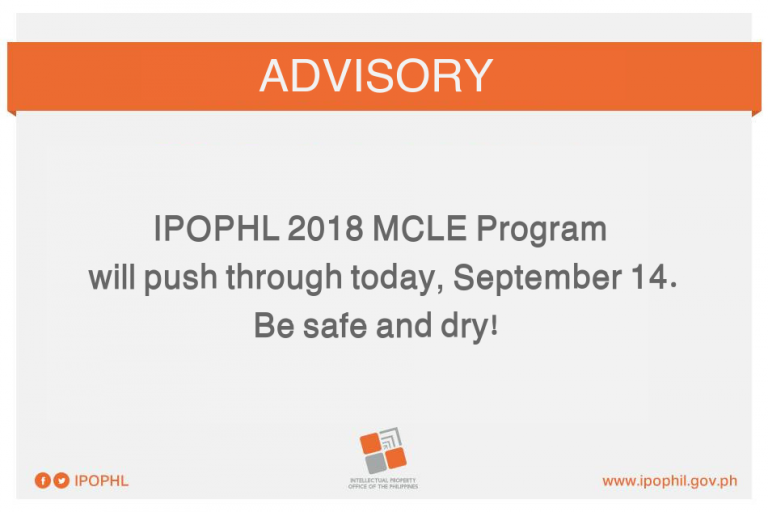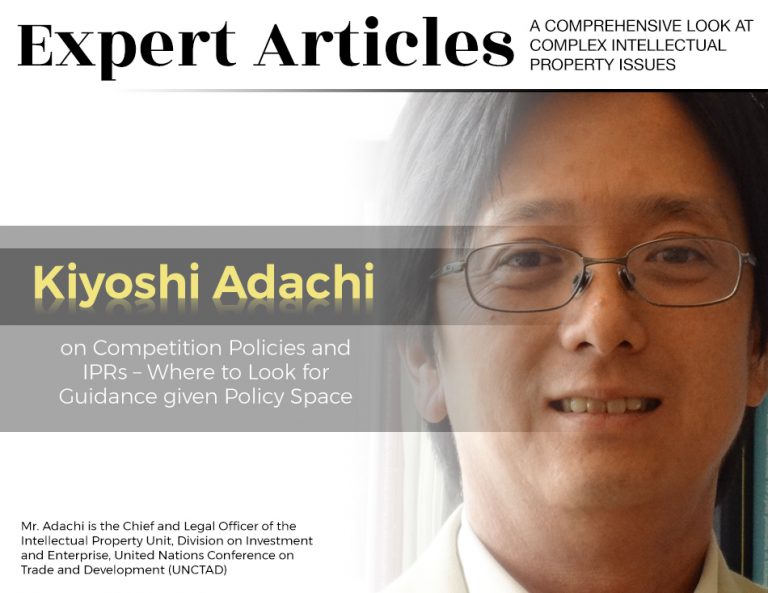
IPOPHL cites efforts to help PH exit grey listing, calls out de-risking
January 24, 2022
The Intellectual Property Office of the Philippines (IPOPHL) said it is one with the Anti-Money Laundering Council (AMLC) in urging foreign financial institutions to cease from wholesale de-risking and burdening Philippine-related transactions with additional unnecessary scrutiny.
“De-risking — the termination or restriction of business relationships with clients or avoidance of clients and businesses — could deprive Philippine businesses and nationals from financial services that can provide the means for their survival and recovery from this crisis,” IPOPHL Director General Rowel S. Barba said.
According to the Financial Action Task Force (FATF), which is the Paris-based “dirty money” watchdog, this de-risking approach could also push de-risked companies to pursue unregulated financing channels, potentially bringing more difficulties to the traceability of “dirty money.” The FATF instead encourages financial institutions to comply with its recommended risk-management approach.
“As member of the Financial Intelligence, Law Enforcement and Prosecution Sub-Committee (FILEPSC), IPOPHL continues to strengthen the fight against counterfeiting and piracy, which have been identified as among the sources of money laundering and financing of organized criminal groups around the world,” Barba added.
The FILEPSC is a sub-committee of the National Anti-Money Laundering/Countering the Financing of Terrorism Coordinating Committee, the body that oversees the implementation of the National Anti-Money Laundering and Counter-Financing of Terrorism Strategy (NACS) approved in 2018 by President Rodrigo R. Duterte through Executive Order 68.
This year, IPOPHL aims to revive its dialogue with financial payment gateways and legal enforcement authorities (LEAs). In their last meeting in 2020, the gaps in tracking the “dirty money” flow; onboarding processes that ensure legitimacy of partners and transactions; and IP crime investigations and enforcement were discussed.
“We look forward to continuing our partnership and synergy with payment gateways and LEAs to address these gaps,” Barba said.
Barba said IPOPHL is also currently exploring a coordination mechanism with the National Privacy Commission to streamline the sharing of data between IPOPHL, payment gateways and LEAs, which will be crucial for a timely arrest of IP crimes and action against perpetrators.
“We hope to succeed in our collaboration goals this year and that our efforts contribute to the delisting of the Philippines from the FATF Grey List,” the IPOPHL chief said.







